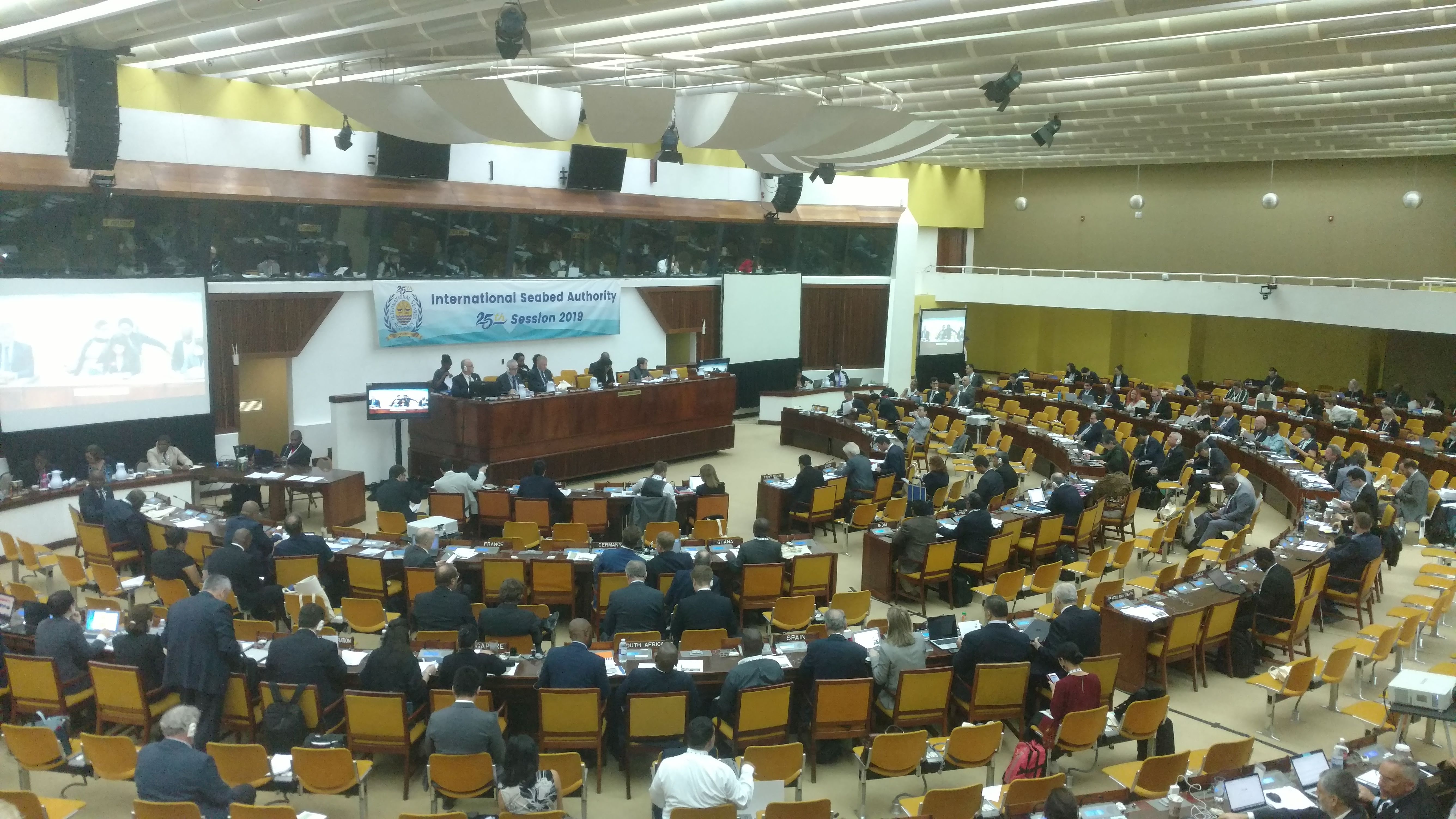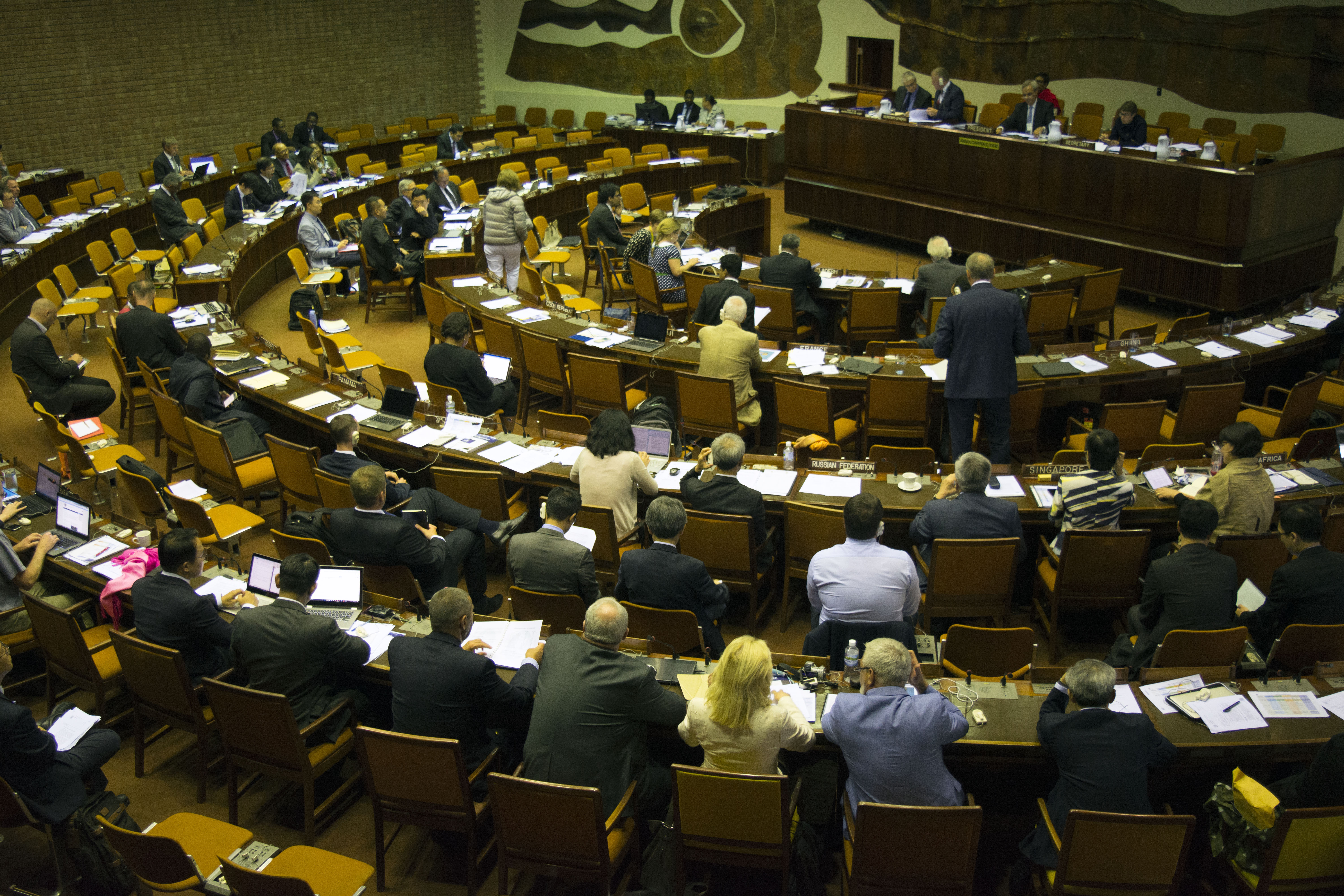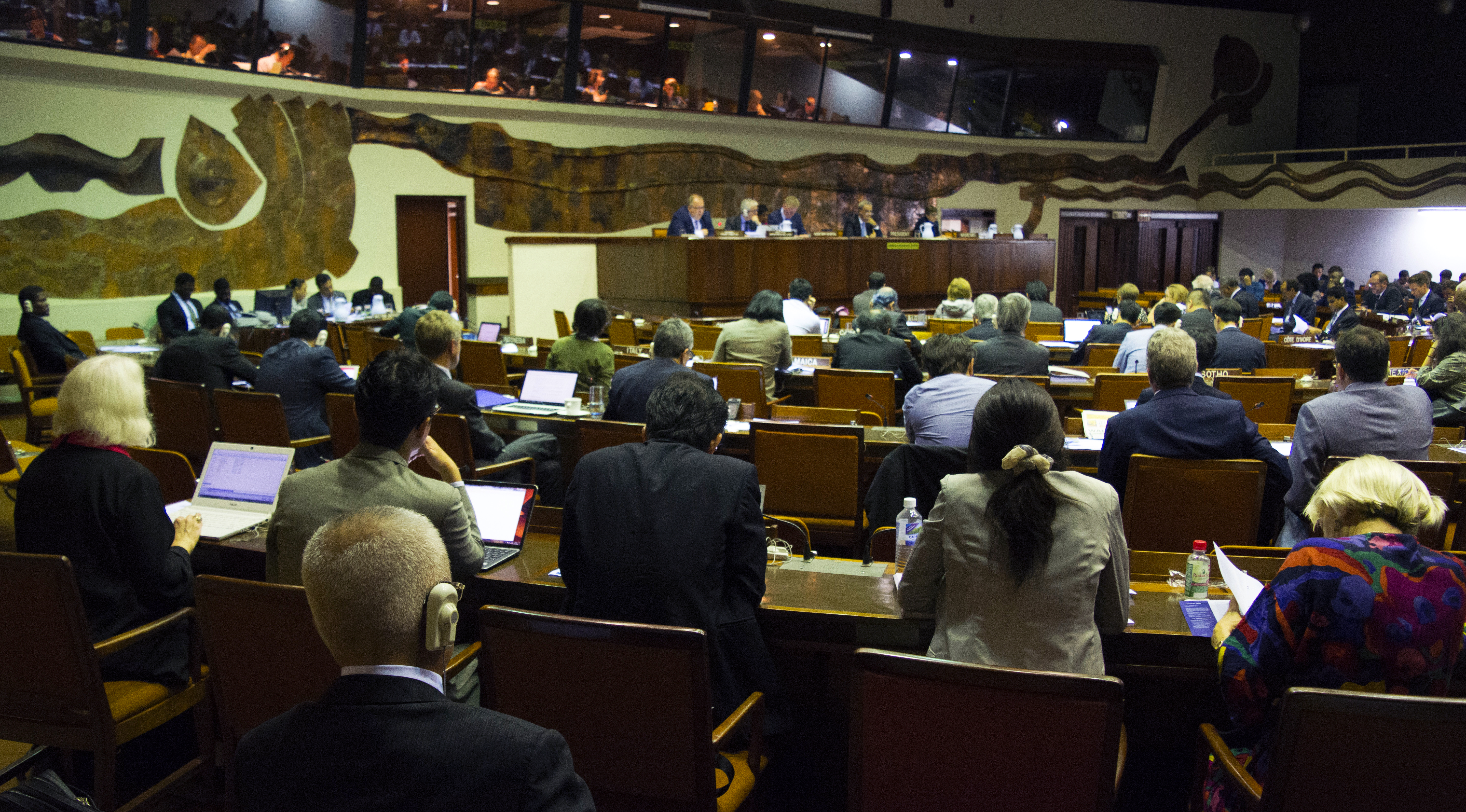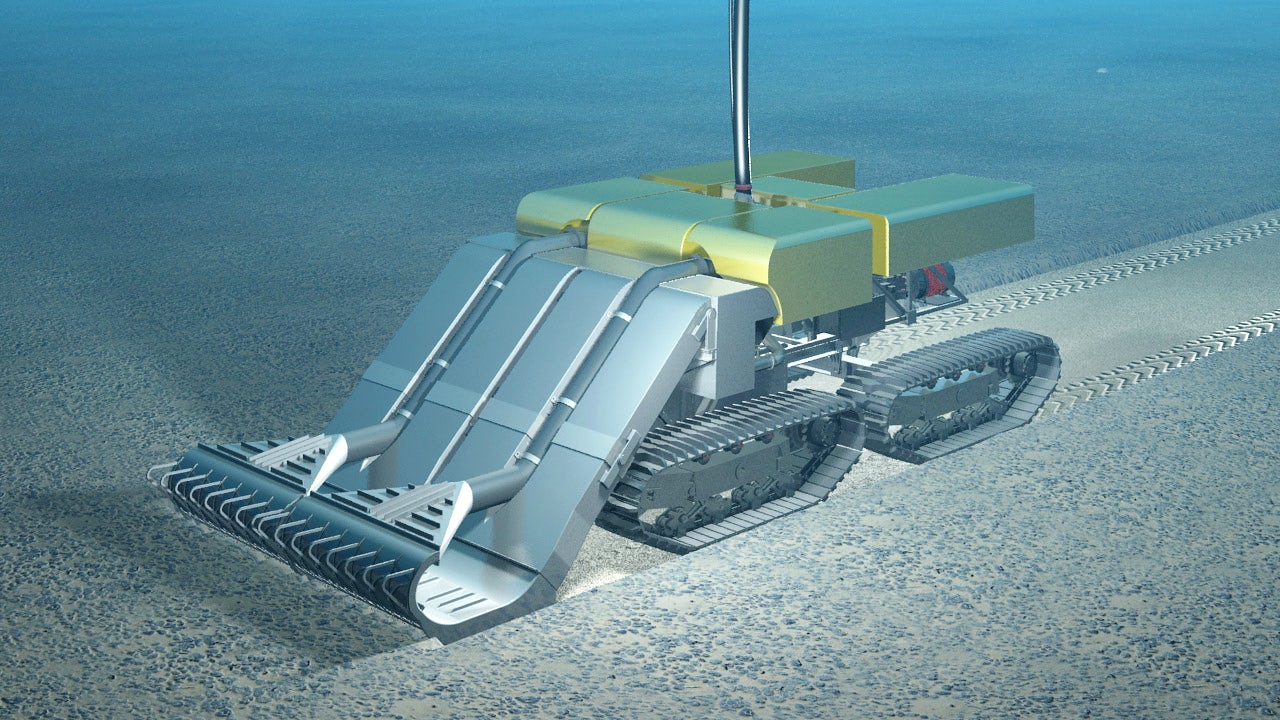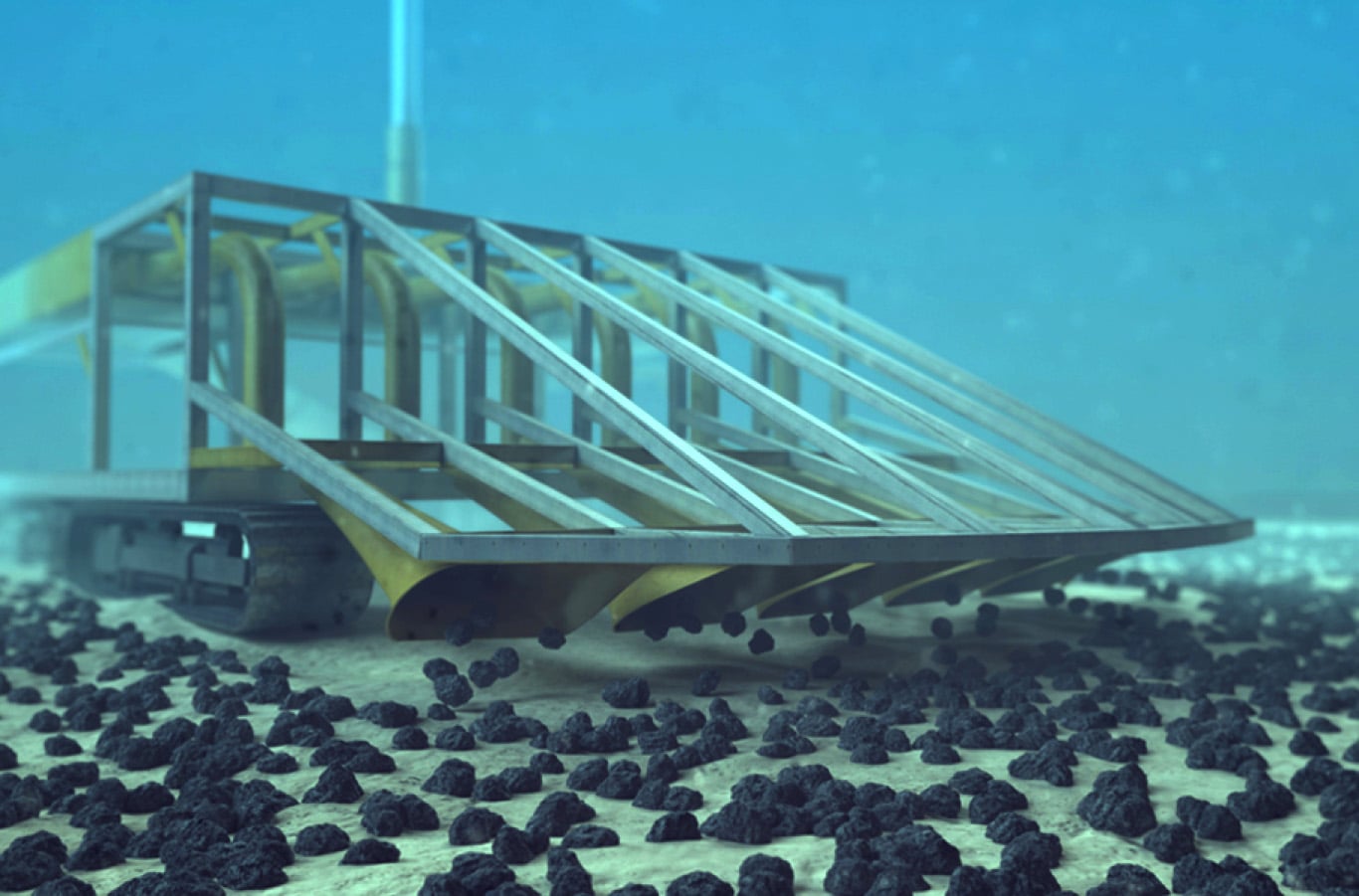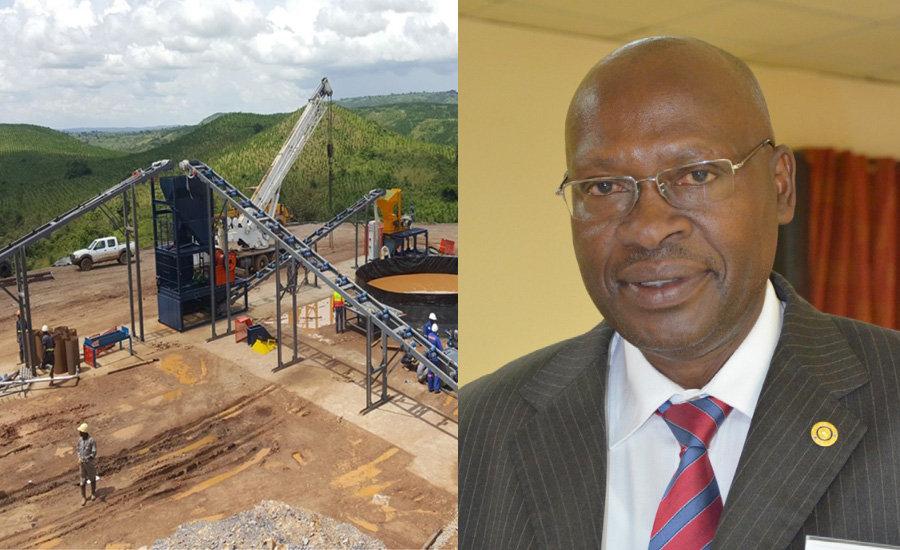Last month, representatives from member states, NGOs, contractors, and other stakeholders gathered in Kingston, Jamaica for Part I of the 25th Session of the International Seabed Authority. Over the course of a week, the General Council discussed and deliberated on the future of deep-sea mining, including how the financial model will be implemented, how to bring the Enterprise—the revenue generating wing of the ISA which will enter into Joint Venture partnerships as contractors move from exploration to exploitation—into opperation, and how to monitor commercial operations in the high seas.
A question that has been on my mind this month is what impact, if any Brexit will have on seabed negotiations. Though, at the time of writing, it looks like the deadline for Brexit may get a brief but needed extension, the totality of its effects on global politics are far from well-understood. I reached out to Secretary General Lodge to get the ISA’s perspective on Britain’s upcoming departure. He reports the Brexit will likely have no impact on the ISA as it is the individual member states, not the EU, that ultimately engage in ISA meetings. Contractors based in the UK may, however, face their own unique hurdles.
Following the General Council, the Legal and Technical Commission met to discuss and revise the draft regulations for polymetallic nodule mining. Responses from LTC members were positive, acknowledging the amount of progress made but also that several questions put to the Council last year came back unanswered, forcing them to assume that there was no consensus available on select issues. One LTC member did report back that “science is getting heard”.
